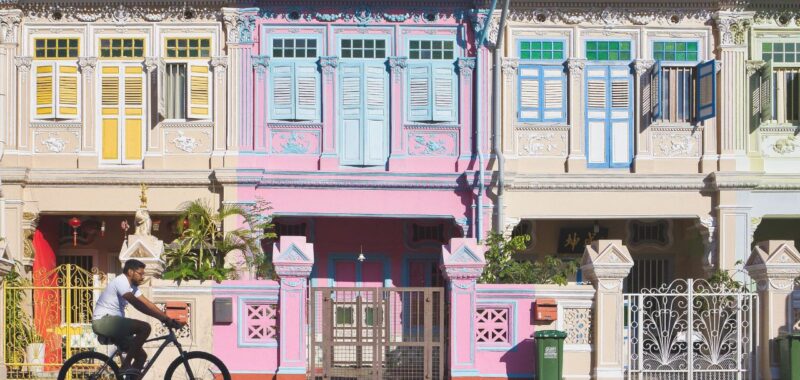Singapore’s heritage shophouses are becoming prime investments, drawing interest from high-profile buyers including hedge fund billionaire Ray Dalio’s family office and the wife of Alibaba founder Jack Ma.
Comparable to New York’s brownstones or London’s Soho properties, these iconic buildings are seeing record prices, attracting family offices, billionaires, and local developers.
With their locations on prime land and exemption from heavy foreign buyer taxes, shophouse sales hit a peak of S$1.9 billion.
Shophouses in central areas are still fetching up to S$8,000 per square foot, comparable to retail spaces on New York’s Fifth Avenue. High-end tenants like Coach and Dior are moving into these spaces, adding to their allure.
The spike in interest, however, has not been without controversy. Last August, Singapore police launched a S$3 billion money-laundering investigation involving individuals linked to Chinese money launderers who had bought up multiple shophouses.
As a result, some prized properties remain unsold as authorities work to recover funds tied to these transactions.
Once underappreciated, these 19th-century buildings were initially homes for merchants, with shops on the ground floor and family quarters above.
Now, after decades of urban renewal and government efforts to preserve Singapore’s architectural heritage, their value has soared.
“In the 1980s, the government stepped in to protect city centre neighbourhoods as historic areas,” said Clemence Lee, executive director at CBRE.
Some local developers are using these historic spaces creatively, transforming them into boutique hotels, luxury offices, and cultural hubs.
Some investors, however, are mindful of heritage preservation. Andy Lim, founder of JL Family Office, told The Financial Times he chose to keep one of his shophouses as a community space rather than leasing it out to the highest-paying tenant. “I realised there was a lot more history in this space than in the real estate I had been doing,” he says.

